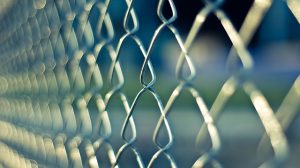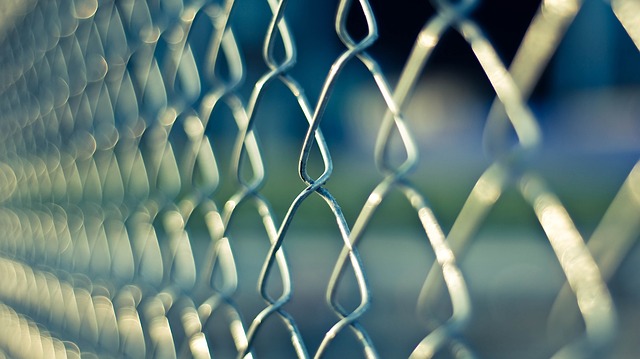
Judges and law enforcers you must establish in all your communities . . .(Devarim 16:18)
EVERY YEAR WHEN I get to Parashas Shoftim, I am reminded of the world in which we live. The truth is, I do not need this week’s parsha to do that. All I have to do is read a newspaper. I mean something else.
The Torah is God’s program for history. It is built upon ideal concepts that are supposed to help a person achieve personal perfection, and the world, ultimate fulfillment. It pre-dated Creation by thousands of years and will outlive history as we know it. It is the word of God, eternal, and FAR above our everyday mundane reality.
So how is it that the Torah talks about such mundane matters as court systems and police forces? These sound like issues for societies that do not have Torah, and which have a difficult time getting their members to rise above crime and strive for loftier goals. It’s as if the Torah is giving up on the Jewish people before they even have a chance to try and set themselves up as a Torah nation. It’s as if the Torah is saying, “You’re going to be just like everyone else.” How disappointing.
We’ve discussed this idea in the past, how the version of Torah we currently learn is not the ideal version we were supposed to have received, prior to the sin of the golden calf. When Moshe Rabbeinu broke the first set of tablets, we lost our opportunity to receive that Messianic level of Torah. That one is based upon the same eternal concepts as our rendition of Torah, but expressed in a far loftier manner.
The sin of the calf greatly lessened our spiritual capacity. After that we were no longer capable or worthy of receiving the Torah of the Messianic Era. The Torah we have now is meant to try and lead us in that direction, and to allow us to rectify the world to whatever level we can. How’s it working out so far?
In the incredible work, “Yesod v’Shoresh HaAvodah,” by Rav Alexander Ziskind, in the section about the “Ten Days of Repentance,” he mentions the real damage of a sin. By doing a sin, the person has lowered himself spiritually and become worthy of punishment in the process. But the ultimate damage is the profanation of God’s Name that the sin caused.
Any time a person sins, less Divine light enters the world. The sin blocks the spiritual pipe, and prevents God’s light from positively impacting Creation. Just as a child who misbehaves denies his parents’ the pleasure of giving him nice things, likewise a sinning person denies the Divine Presence an opportunity to do what it likes most: bless mankind.
The prophet Yechezkel says that this situation will be so bad at the End-of-Days that God will be forced to bring the Final Redemption just to end the “Chillul Hashem,” the profanation of God’s Name constantly committed amongst the nations of the world. The amount of light entering the world will be so minimal that if God doesn’t change the situation Himself, the world will fall apart on its own.
A person might ask, “What difference can it possibly make to Creation if I personally improve myself and work on sanctifying the Name of God? I’m only ONE person against millions of others who are profaning His Name!”
As the Nefesh HaChaim points out, a person never knows how much their effort is worth in the eyes of God. It can be capable of a far greater impact than they might have otherwise thought. And does it matter anyhow? The main thing is that a person does whatever they personally can to make the world better, and it starts by being more concerned about God’s Name than their own.


